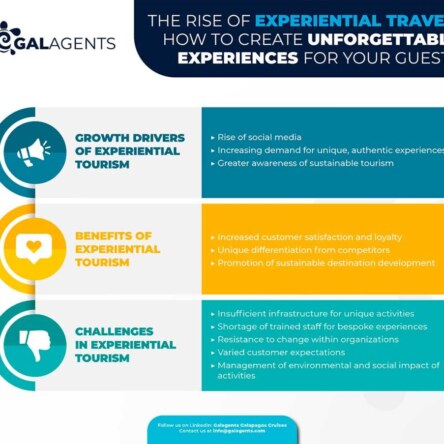How many of the given countries share a land border with Ukraine? [2023]1. Bulgaria2. Czech RepublicRead more
How many of the given countries share a land border with Ukraine? [2023]
1. Bulgaria
2. Czech Republic
3. Hungary
4. Latvia
5. Lithuania
6. Romania.



Analysis: Bulgaria: Does not share a land border with Ukraine. Bulgaria is located south of Romania and separated from Ukraine by Romania. Czech Republic: Does not share a land border with Ukraine. The Czech Republic is located west of Slovakia, which lies between it and Ukraine. Hungary: Shares a lRead more
Analysis:
Does not share a land border with Ukraine. Bulgaria is located south of Romania and separated from Ukraine by Romania.
Does not share a land border with Ukraine. The Czech Republic is located west of Slovakia, which lies between it and Ukraine.
Shares a land border with Ukraine. Hungary borders western Ukraine directly.
Does not share a land border with Ukraine. Latvia is located north of Belarus and does not touch Ukraine.
Does not share a land border with Ukraine. Lithuania is also north of Belarus and does not border Ukraine.
Shares a land border with Ukraine. Romania borders southern Ukraine, specifically the Odesa and Chernivtsi regions.
Source: Britannica
Conclusion:
The correct countries that share a land border with Ukraine from the list are:
Final Answer: Only two.
See less